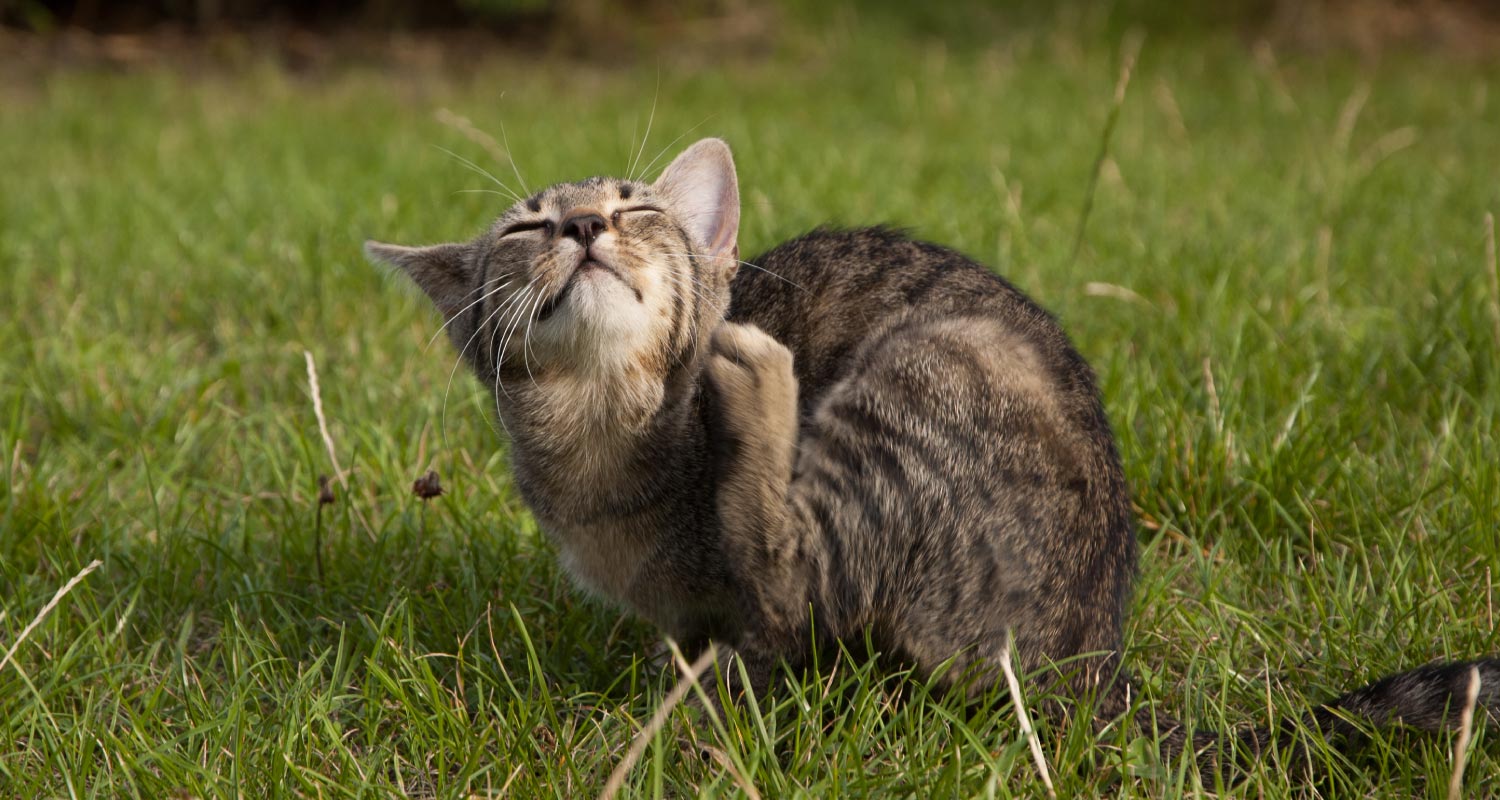HEALTH & WELLNESS

TRENDING
Could My Kitten have Intestinal Parasites?

The joy of getting and raising a kitten is really something special. After all, kittens are super cute, often mischievous and very curious, but they’re also vulnerable and need your protection.
So, before you get a kitten, or if you recently got one, just know that taking care of him or her is a big responsibility and there are steps and routines you shouldn’t forget or skip. One of them is protecting your kitten from parasites. This article will specifically focus on nasty intestinal parasites.
WHAT ARE INTESTINAL PARASITES?
It’s pretty common for kittens to get infected with intestinal parasites such as worms. But just because it’s common, doesn’t mean it’s not serious. In fact, it can make them very ill.
COMMON INTESTINAL PARASITES IN KITTENS
- Tapeworm: Parasitic flatworm, with a long ribbon-like body, that lives in the intestines
- Roundworm: Parasitic worm, with a long round body, that lives in the intestines
- Coccidia: Protozoan infection (parasitic disease from a one-celled organism)
SIGNS OF INTESTINAL PARASITES IN KITTENS
Different intestinal parasites have different effects on kittens, but there are a few general symptoms of worms to look out for:
- Vomiting
- Diarrhoea
- Weight Loss
- Worms in stool
- Pot-bellied Appearance
SYMPTOMS OF COCCIDIAL INFECTION
The primary symptom is a watery, mucus-like diarrhoea (may contain blood).
Other symptoms include:
- Anorexia
- Vomiting
- Weight loss
You may also see fever, fatigue, tremors, confusion and inability to control defecation.
PLEASE NOTE: Whether you think it’s worms or not, any of the symptoms mentioned above should be checked out.
TESTING KITTENS FOR PARASITES
If you suspect that your kitten has an intestinal parasite, phone your veterinarian. He or she may ask you to bring a stool sample. Follow your veterinarian’s instructions on how to safely retrieve, store and transport the sample.
HOW DO KITTENS GET WORMS?
- Ingesting eggs
- Ingesting fleas that carry worms
- Coming into contact with eggs in the environment
HOW DO KITTENS GET COCCIDIA?
Kittens usually become infected because they ingest small amounts of their mother’s faeces. Mothers can get infected by eating infected rodents or birds or simply via environmental exposure.
If you detect these symptoms or need assistance with your kitten regarding parasitic infections, please contact your veterinarian immediately!
Related Articles








